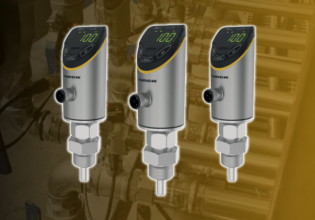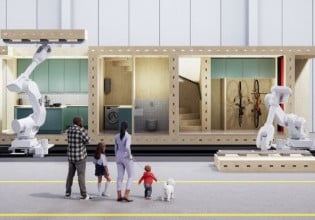V
Hi
This is in the context of Networking Fuel Dispenser to the Fuel Retail Outlet Automation Controller.
Q1. Wanted to know the advantages of TCP/IP over RS485/RS232,
Q2. What is the continuous length of the signal cable that can be used without boosters
Q3. I understand Multiple Dispensers can be connected serially on the same cable
This is in the context of Networking Fuel Dispenser to the Fuel Retail Outlet Automation Controller.
Q1. Wanted to know the advantages of TCP/IP over RS485/RS232,
Q2. What is the continuous length of the signal cable that can be used without boosters
Q3. I understand Multiple Dispensers can be connected serially on the same cable






